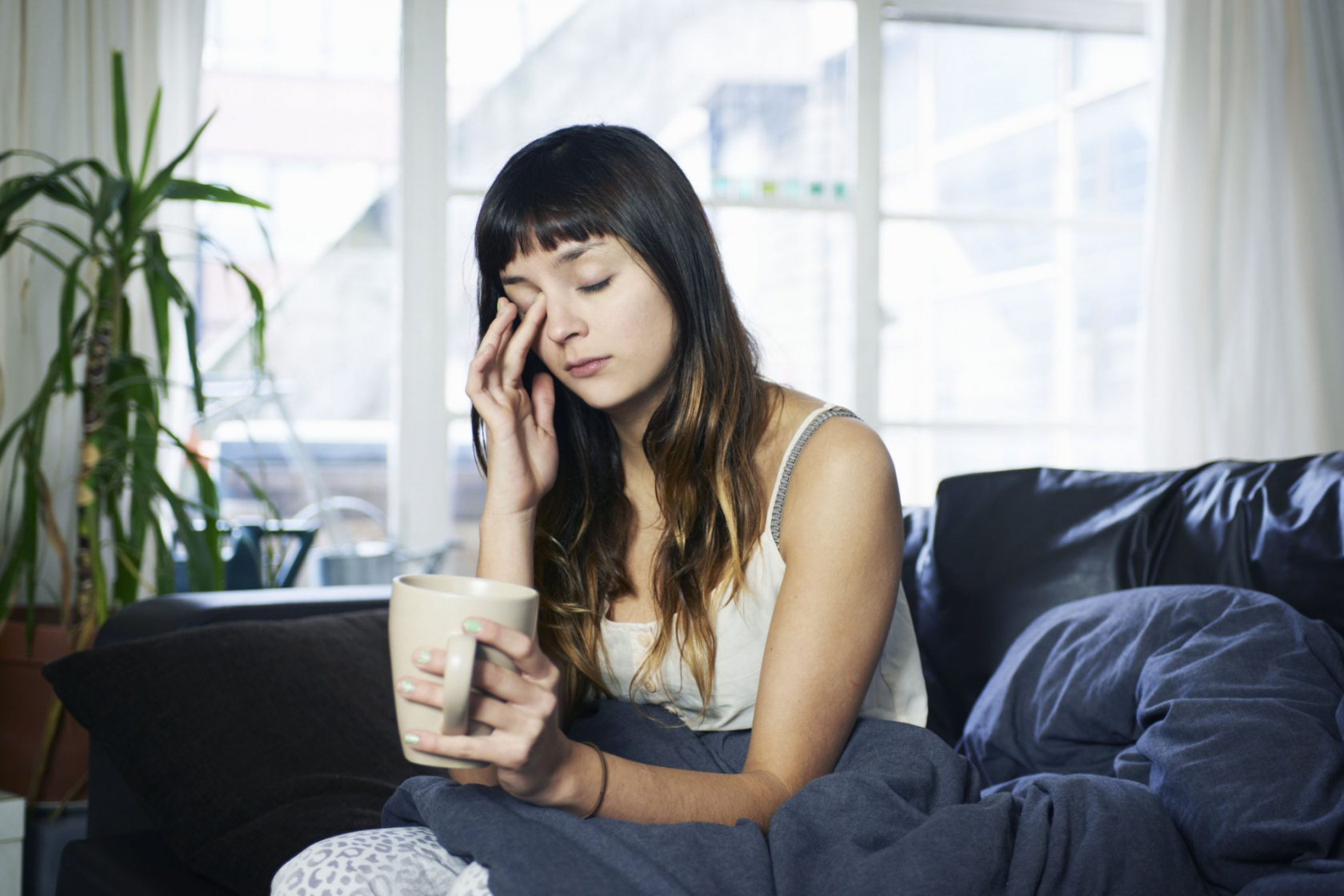Are the darker mornings making it harder for you to get out of bed? This could explain why.
If you’ve spent any amount of time outside this week, you’ll have noticed that autumn is officially on its way. While the sun may still be (periodically) shining overhead, there’s a chill in the wind which confirms the seasons are changing.
Of course, the changing of the seasons also comes a decrease in the amount of daylight we see every day, too. The days may have been growing shorter since June, but it’s in the autumn when the shorter days really start to become obvious – especially when it comes to waking up in the morning.
If you’ve ever found yourself struggling to keep your eyes open as you fumble for the light switch in the morning, you’ll know what we’re talking about. But why is waking up so much harder when it’s dark outside? And is there anything you can do to fight off the grogginess?
According to doctor and wellness expert Dr Susan Lovelle, the answer lies in the relationship between our hormones and the conditions under which they’re produced.
“The reason we sleep – or don’t – has a great deal to do with the connection between two competing hormones, cortisol and melatonin,” Dr Lovelle explains.
“Many of us are familiar with the stress-related hormone, cortisol, and how it keeps us awake and alert during the day. Melatonin, secreted by the pineal gland in the brain, calms our brain and allows us to fall and stay asleep.”

She continues: “The issue is that melatonin is primarily released when it’s dark, while cortisol thrives on noise and light. That’s why we feel sleepier when it’s dark outside.”
In this way, when we wake up and it’s still dark outside, our bodies are still producing melatonin, which is why we continue to feel sleepy and groggy once our eyes are open. It’s for this reason why getting outside during sunrise is so good for you – the bright, natural light triggers the release of cortisol, which helps you to feel more alert and dampens any feelings of grogginess.
Of course, getting outside at sunrise isn’t always possible – especially if you’ve got to be at work before it grows light, for example. But that doesn’t mean there aren’t ways to reduce the amount of sleepiness you feel.
“To combat morning sleepiness, think reversing the hormonal balance: turn on lights, get up and move and take a cool shower,” Dr Lovelle suggests, adding that these activities won’t completely get rid of your sleepiness if you haven’t had enough sleep in the first place (to remedy this, you’ll just need to get more sleep). “These are activities that will stimulate cortisol and will shake off the cobwebs of sleep.”
So, there you have it. While grogginess is kind of part and parcel of waking up when it’s dark outside, there are things you can do to ease this feeling – or at least shake it off once you’ve managed to drag yourself out of bed.
Images: Getty
Source: Read Full Article
